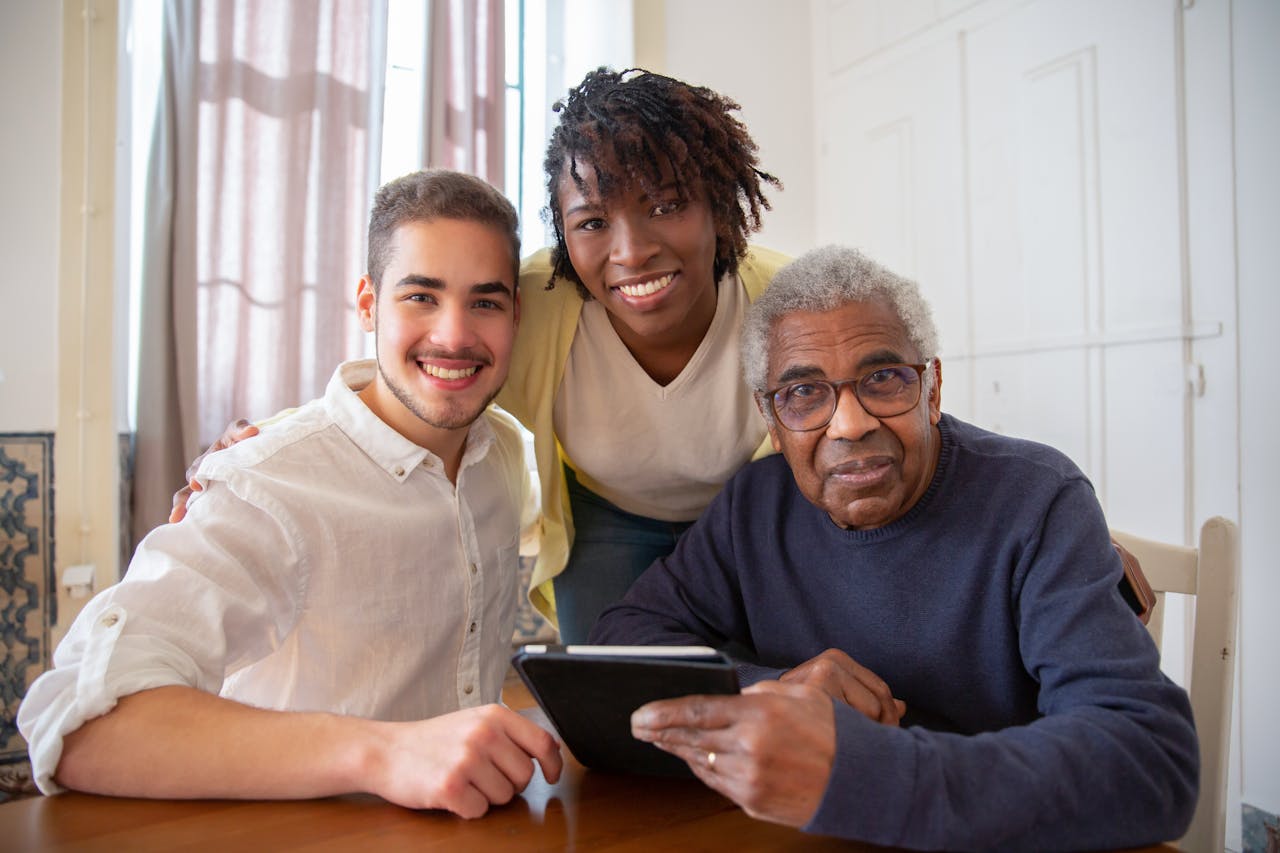Chaplaincy plays an important part in hospice care, where the emphasis is on improving quality of life and giving comfort during the end-of-life journey, in addition to traditional medical and emotional support. Hospice chaplains are trained professionals who are committed to meeting the spiritual and existential needs of patients and their families, providing deep comfort and direction during one of life’s most difficult transitions.
Understanding Hospice Chaplaincy
Hospice chaplaincy is rooted in the belief that spirituality is an essential aspect of human existence, especially during times of illness, suffering, and loss. Chaplains are typically ordained clergy members or trained spiritual counselors who provide support regardless of religious affiliation or belief system. Their role extends beyond religious rituals and includes offering emotional and psychological comfort, facilitating discussions on life and death, and helping individuals find meaning and peace amidst uncertainty.
Spiritual Care Tailored to Individual Beliefs
One of the distinguishing features of hospice chaplaincy is its inclusivity and respect for diverse spiritual and religious beliefs. Chaplains are adept at creating a supportive environment where patients and families can freely express their spiritual concerns, engage in prayers or rituals pertinent to their faith, or simply find comfort in quiet reflection. This personalized approach ensures that spiritual care aligns with the values and preferences of each individual, fostering a sense of spiritual well-being and continuity.
Supporting Patients and Families Through Meaningful Connections
Beyond religious ceremonies, chaplains forge meaningful connections with patients and families through compassionate listening and empathetic presence. They provide a safe space for individuals to explore existential questions, fears, and hopes about life and death. This can involve discussing the meaning of suffering, resolving conflicts, or helping patients reconcile with their beliefs and relationships. By acknowledging the spiritual dimension of illness and dying, chaplains empower individuals to find strength and resilience amidst adversity.
Addressing Grief and Bereavement
Chaplains also play a crucial role in supporting families during the grieving process. They offer bereavement counseling, facilitate memorial services or rituals, and provide ongoing support as families navigate the emotional aftermath of loss. Chaplains are trained to listen actively, offer practical guidance on coping strategies, and connect families with community resources for additional support. Their presence extends beyond the immediate period of care, ensuring that families receive continuous spiritual support as they mourn and heal.
Collaborative Care Approach
In the interdisciplinary team of hospice care, chaplains collaborate closely with doctors, nurses, social workers, and other healthcare professionals to provide holistic care that addresses all aspects of a patient’s well-being. They participate in care planning meetings, contribute insights on spiritual issues impacting patient care, and offer guidance on ethical dilemmas or end-of-life decisions. This collaborative approach ensures that spiritual care is integrated seamlessly into the overall treatment plan, enhancing the quality of life for patients and promoting a supportive environment for families.
Personal Stories and Impact
The impact of chaplaincy in hospice care is often profound and transformative, as illustrated by countless personal stories. Patients and families frequently express gratitude for the compassion, wisdom, and comfort provided by chaplains during moments of vulnerability. Whether offering a listening ear in quiet bedside visits, leading prayers that provide solace, or facilitating meaningful conversations that bring closure, chaplains leave a lasting impression that extends far beyond the physical realm of medical care.
Conclusion
In conclusion, hospice chaplaincy represents a vital component of holistic end-of-life care, offering spiritual comfort, emotional support, and existential guidance to patients and families facing life-limiting illnesses. By honoring individual beliefs, fostering meaningful connections, and navigating the complexities of grief and loss, chaplains contribute significantly to enhancing quality of life and promoting dignity in the final stages of life. Their presence underscores the profound value of addressing spiritual needs alongside medical care, ensuring that every aspect of a patient’s journey is met with compassion and understanding.
As GraceRace Hospice Palliative continues to uphold its commitment to comprehensive care, the role of chaplaincy remains integral in upholding our mission of providing comfort, dignity, and peace during life’s most profound transitions.



